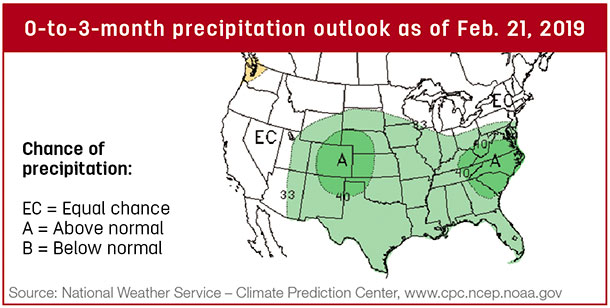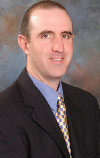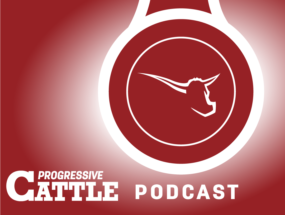Some producers choose to calve during only one season, while others prefer to calve twice a year (e.g., spring and fall) and, because of the lack of a breeding season, some producers have a year-round calving season. Below are a few of the many advantages of a defined breeding season.
- Only need to check calving cows for a few months each year
- Calving seasons can be planned to avoid extremely hot or cold weather
- Can better match nutrient requirements of cattle to forage production
- Cheaper supplementation programs
- Easier to wean calves and participate in preconditioned calf sales, which can lead to increased calf value

The length of the breeding season should be no longer than about 90 days and, in some herds, 60 days may be a better target. The reason for this is to prevent early pregnancies in heifer calves. Some heifer calves reach puberty early and can get bred at 6 to 7 months old. Unfortunately, this happens more frequently than many producers realize, even in later-maturing breeds. The example below shows the potential age of the older heifers using a 90-day breeding season.
- Bull turned in April 30, 2019, and removed July 29, 2019
- First calf born Jan. 27, 2020 (assumes 282-day gestation length and first calf born 10 days early; the 282 days is just an average; it is common to have calves born plus or minus 14 days)
- Bull turned in April 30, 2020
- Bull removed July 29, 2020; heifer born Jan. 27, 2020, is 185 days old at this time
Regardless of their size, if heifer calves come into heat, the 2,000-plus-pound herd bull will breed them. Additionally, intact bull calves will breed their sisters, which is one of the many reasons bull calves should be castrated at an early age unless they are being raised to sell as breeding bulls.
Seedstock producers should consider running cow-calf pairs with heifer calves separate from pairs with bull calves. If a defined breeding season is not going to be used, then all heifer calves should be sold by about 5 months old to reduce the risk of undesirable pregnancies. ![]()

-
Jason Banta
- Associate Professor and Extension Beef Cattle Specialist
- Texas A&M University
- Email Jason Banta








